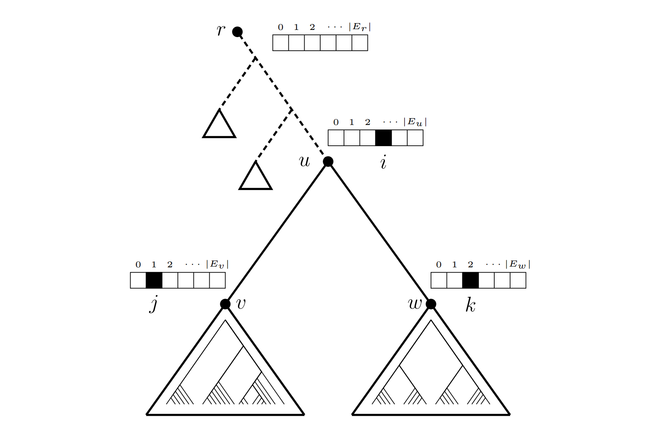Supervisor: Alexandros Stamatakis (HITS Heidelberg), Co-supervisor Kristian Vlahovicek (University of Zagreb)
Student: Benjamin Bettisworth
Objectives: There currently exists a plethora of computational tricks that allow for accelerating the phylogenetic likelihood function (e.g., site repeats, subtree equality vectors, terrace-aware algorithms) and simultaneously reducing its memory requirements. The phylogenetic likelihood function represents the main bottleneck for all large-scale phylogenomic inferences using statistical models of evolution. However, not all of these tricks work for every type of dataset or computing pattern (e.g., parameter estimation on a fixed tree versus tree searches) and most of them are not available in current production-level software. With respect to parallelization some require novel data distribution schemes to achieve high parallel efficiency.
O1: Implement a flexible low-level phylogenetic library that can automatically select the best likelihood implementation flavor for the data set and type of computation at hand, that is, an auto-tuned phylogenetic inference kernel. The kernel will use SSE3 and AVX vectors intrinsics and be optimized for cache efficiency.
O2: Design the code such that complex models and inference tools (e.g., mixture or heterotachous models) can be seamlessly implemented.
O3: Develop energy-efficient parallel tools and new data distribution (load balance) algorithms for maximum likelihood and Bayesian tree inferences as well as statistical post-analyses.
Secondments: Eduardo Pareja (Granada), Kristian Vlahovicek (Zagreb), Gert Wörheide (Munich).
